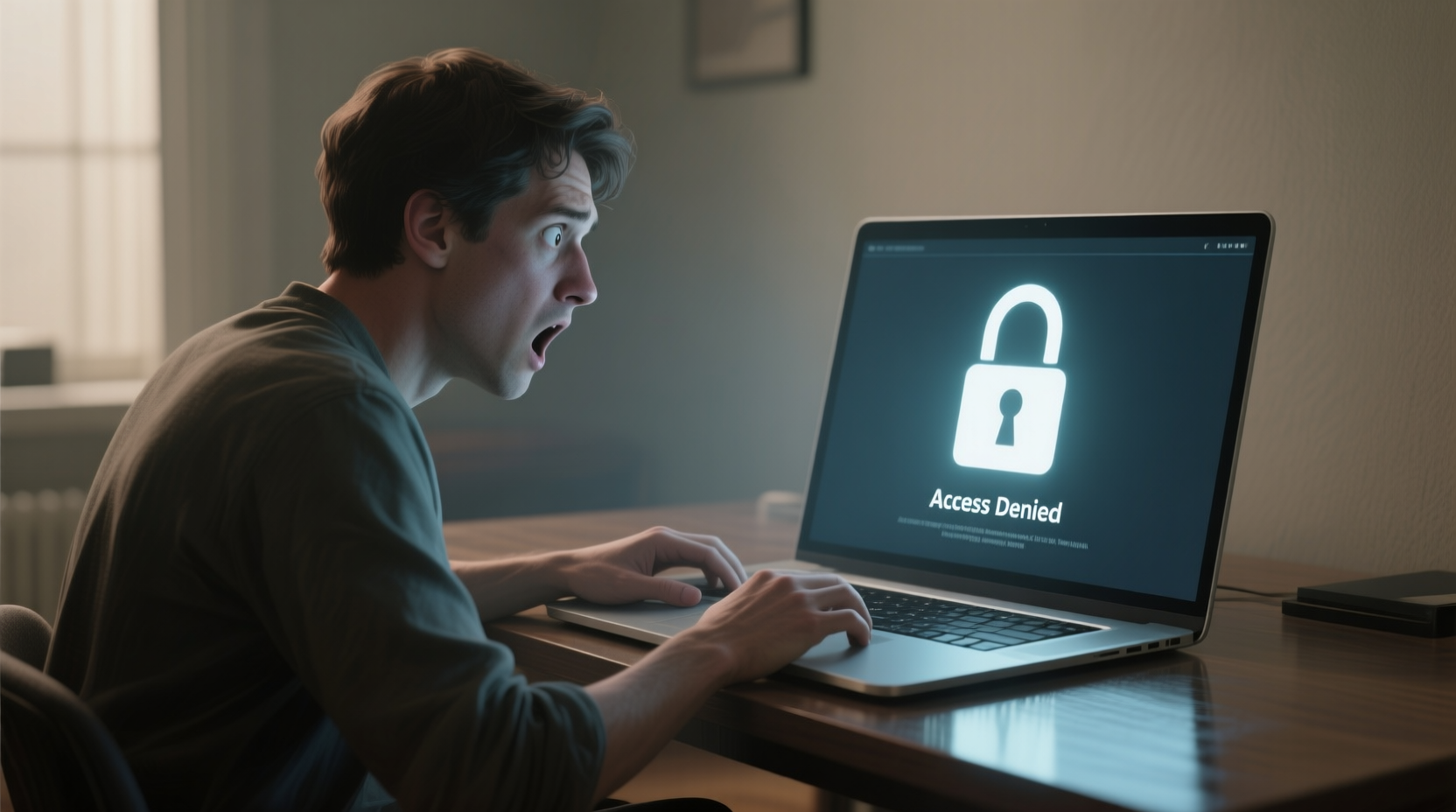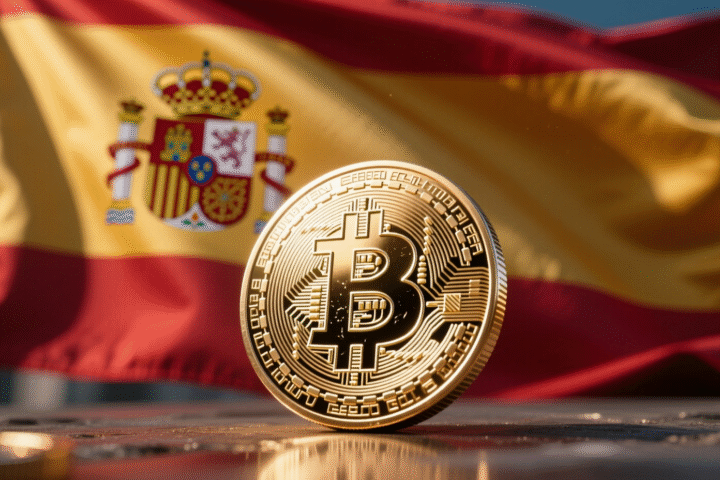Imagine digging through an old drawer and finding a hard drive worth millions in Bitcoin, only to realize you’ve forgotten the password that unlocks it. That’s exactly what happened to James Howells, a man from Wales who accidentally tossed out a drive holding over 8,000 BTC. The treasure is still buried in a landfill, and without the private keys, it may as well be on the moon.
Key points:
- Private keys are the only way to access and control your crypto, and losing them means losing your coins permanently.
- Many high-profile and everyday users have lost fortunes due to misplaced or forgotten private keys, showing that anyone can make these mistakes.
- Protect your crypto by securely backing up seed phrases, using hardware wallets, and considering multi-sig or smart recovery strategies to prevent irreversible loss.
That’s the cold reality of crypto: private keys are everything. They’re not just a password, they’re the only way to prove ownership and unlock your coins. Lose them, and there’s no customer support number to call, no reset link to click, no second chances. In crypto, no keys means no coins, and that makes protecting them one of the most important moves you’ll ever make.
What Private Keys Are
Think of private keys as the ultimate password, but in turbo mode. With your bank, you might have a username, a password, and maybe a text code from your phone. If you forget one, you call customer service and they walk you through a reset. Easy.
Crypto doesn’t work that way. Your private keys are like the one and only master key to your digital vault. They’re a string of letters and numbers that proves you own the coins in your wallet. No key, no access. And unlike a bank login, there’s no backup server quietly holding a spare copy for you.
The closest real-world comparison is a house key. If you lose your house key, you can call a locksmith and get a new one. But if you lose your private keys, it’s like tossing your only key into the ocean. Nobody can make a replacement, not even the people who built the house.
Why Recovery Doesn’t Work
Here’s the cold truth: losing your private keys isn’t like forgetting your Gmail password. Crypto runs on decentralization, which means there’s no central help desk, no “Forgot Password?” button, and no friendly human you can call to bail you out. The system is built so only you hold the keys, and that’s why no one else can reset them for you.
And while we’re here, a warning: if you lose your keys, you’ll quickly find “recovery services” online promising to get them back for a fee. Spoiler alert, most of these are scams. They prey on panic and desperation, charging money for what they know is impossible. The hard reality is simple: if your private keys are gone, so are the coins tied to them.
When Lost Keys Become Lost Fortunes
Losing private keys isn’t just a small mistake. In crypto, it can erase life-changing wealth. History is full of stories showing just how high the stakes are and why protecting your keys should be your top priority.
Famous Lost-Key Stories
Some of the most dramatic crypto losses happened not because of hacks, but simple mistakes with private keys:
- James Howells accidentally threw away a hard drive containing the keys to 8,000 Bitcoin. Today, that lost drive is buried in a landfill worth hundreds of millions of dollars.
- Stefan Thomas forgot the password to his IronKey holding 7,002 Bitcoin. He has only two attempts left before the keys are permanently locked.
Even everyday users have lost seed phrases or old devices with private keys, demonstrating that anyone can make these mistakes.
Lessons from Real Losses
Stories like these aren’t just shocking, they teach important lessons about handling private keys. Here’s what to take away:
- Private keys are everything: Lose them, and your crypto is gone forever.
- Back up securely: Store seed phrases and keys offline in multiple safe locations.
- Use hardware wallets: Keep long-term crypto offline to minimize risk.
- Plan for recovery: Consider multi-sig wallets or trusted guardians for extra protection.
- Treat keys like treasure: Small mistakes can become massive losses, so always handle them carefully.
These lessons show that a little caution and planning can save you from becoming the next cautionary tale.
Keeping Your Crypto Safe for the Long Haul
At the end of the day, your private keys are the lifeline to your crypto. Lose them, and your coins vanish into the blockchain void forever. Unlike a bank account, there’s no customer support to call, no reset button to press, and no magic way to recover what’s gone.
The good news is that prevention is simple. Back up your seed phrases, use hardware wallets, consider multi-sig setups, and follow smart recovery strategies. Treat your private keys like treasure, and you’ll never have to learn the hard way. With a little care and planning, you can enjoy the world of crypto with confidence, knowing your digital fortune is safe in your hands.
Read More
- Wallet Wars: Non-Custodial vs Custodial Wallets — Who Holds Your Crypto Keys?
- Dividing Crypto in Divorce: Who Gets the Wallet, Keys, and NFTs?
- Lost Keys, Dead Wallets, and Your Crypto Inheritance Plan
Michaela has no crypto positions and does not hold any crypto assets. This article is provided for informational purposes only and should not be construed as financial advice. The Shib Magazine and The Shib Daily are the official media and publications of the Shiba Inu cryptocurrency project. Readers are encouraged to conduct their own research and consult with a qualified financial adviser before making any investment decisions.










